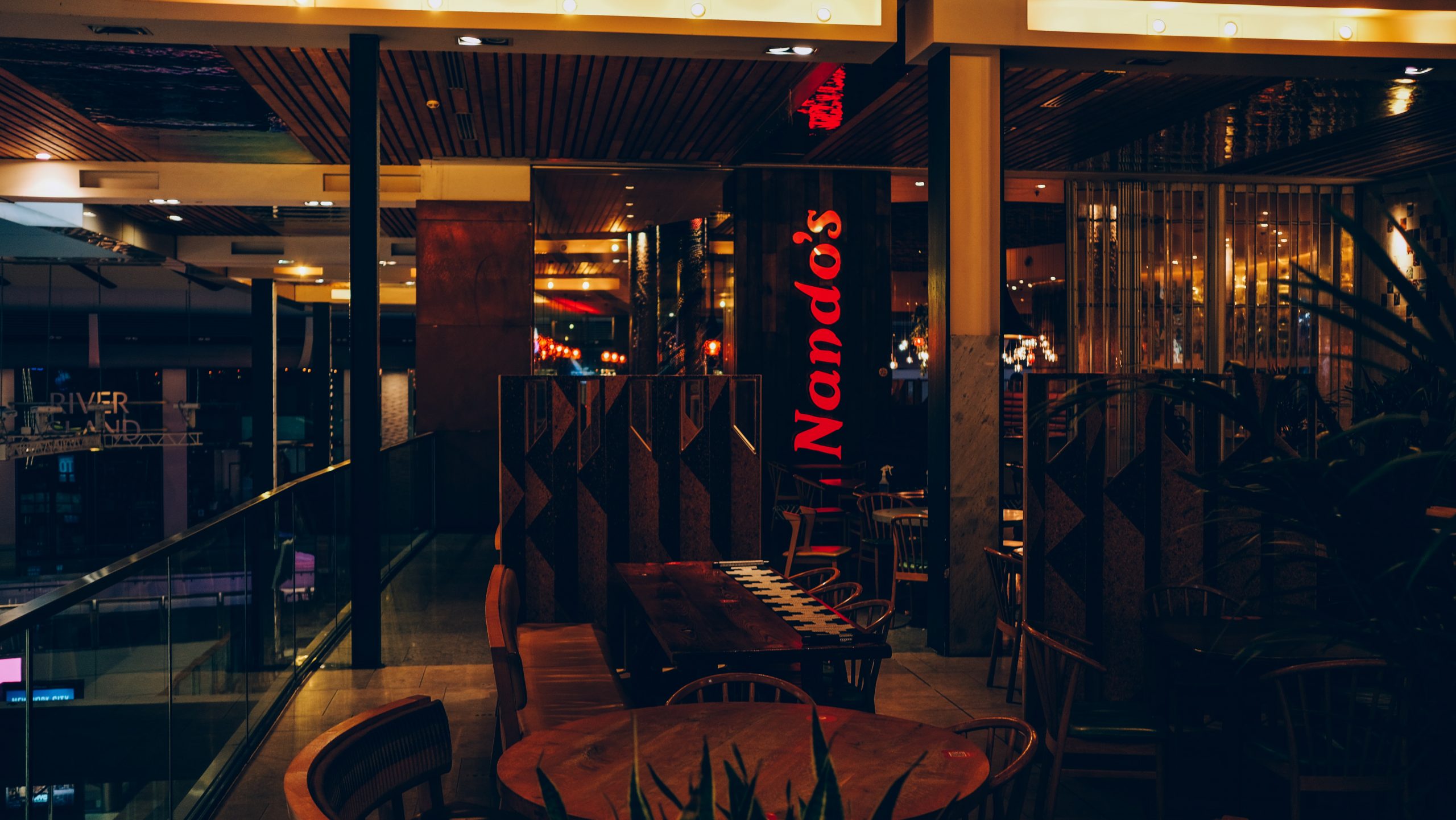
How do you like your advertising served, mild or hot?
31st Jul 2015
It is difficult to get shock advertising right, to not sensationalise an event but raise awareness through the use of taboo topics, ambiguity or controversial imagery. Advertisers are not only faced with the risk of offending their audiences but with the threat of regulatory hurdles.
The art of ‘shockvertising’
Over the years, Nando’s has earned the status of top ‘shockvertiser’, becoming famous for more than just their flame-grilled, Peri-Peri chicken. This month, Creative Culture is reviewing the brand’s strategy in its home nation, South Africa.
In fact, most people are unaware that the Nando’s chicken grillers originated in the African nation. According to the legend, Portuguese explorers stopped in Africa, whilst on a voyage to the East. This is where they discovered the African Bird’s Eye Chili that led to the creation of the famous Peri-Peri sauce; the same sauce that inspired two friends, Fernando Duarte and Robbie Brozin, to buy a Portuguese eatery in the heart of Rosettenville, South Africa. In 1987 Nando’s was born.
Budget limitations placed pressure on the duo to find an innovative solution to establish their brand, and so the humorous commentary arose. They began remarking on socio-political events, predominantly within their local society. Full of humour but always with a pinch of controversy, their campaigns began ruffling some feathers.
South African shock culture
After the suppressive reign of Apartheid, South Africans welcomed humour into their lives, embracing cartoonists, comedians and satirists. Humour was seen as a source to relieve tension, promote a positive outlook and enhance relationships, the perfect post-apartheid recipe. Comical, shock advertising has thrived in South Africa for this reason; it has united the diverse nation. Together people laugh at themselves and find common ground in observing the hilarities of society’s leaders.
The new South Africa has embraced freedom of speech, expression and press in an effort to liberate the country after the heavily restricting regime. Stricter rules are employed on broadcasting but the Advertising Standards Authority (ASA) acts as an independent body, reliant on third party complaints to challenge an ‘offensive’ or ‘controversial’ campaign, leaving room for commentators like Nando’s to rub salt in the wound.
One of Nando’s most controversial campaigns went viral in 2011. The ‘Last dictator standing’ is a satirical taunt at Zimbabwean president Robert Mugabe. The video shows Mugabe, reminiscing about time spent with other recently fallen dictators, having fun and playing games, belittling the dictator and his ‘friends’. At the time many criticised the food-chain for involving itself and cashing in on highly political issues. According to stories, after the campaign was released many Zimbabwean employees received threats from the president’s supporters. Nando’s withdrew the advert shortly after, despite its viral success.
Following the aftermath of the advert, the company seemed to adopt a softer tone of voice. However this is dependent on how you view their 2012 pro-diversity advert that was banned by the South African Broadcast Commission. The advert’s aim is to ask South Africans to question and confront the issue of xenophobia, by highlighting the fact that nearly all citizens were once foreign to the rainbow nation.
Recent campaigns are more satirical than controversial, poking fun at those involved. Now an established and celebrated brand, Nando’s does not have to use such shocking topics and images to gain attention. Having created a following, they are now in the process of nurturing their relationship with the public by continuing to be on point, responding rapidly to quintessentially South African issues. The 2014 blue light brigade advert is testimony to this. The ad mocks South African politicians and their obscene amount of police convoy, which speed around the country causing havoc.
Timing is everything
Nando’s has not ‘slacked off’ (as the South Africans would say). The chicken grillers are still fired up, continuing to provide comical commentary that satirises rather than directly offends. Nando’s is renowned for their humorous anecdotes and the locals now expect it, they anticipate a response. Driving their advertising success is their ability to react promptly and ride the wave of a current event. After North Korea’s leader Kim Jong II died in 2011, the brand wasted no time in releasing this print ad. Nando’s never misses an opportunity to get a taste of the action.

Their continuous, entertaining commentary means they remain a hot topic. They have managed to build a strong brand image and a trustworthy bond with their customers or ‘followers’. Nando’s is emotionally intelligent; providing stimulus and encouraging the local society to reflect on current affairs and daily occurrences, bringing them together through laughter. They show us how humour can cross social, racial or gender divides. Nando’s moves in time to the news, and should be commended for standing out as the humorous, intuitive commentators of South Africa.
Have a look at their YouTube Channel for more comical, South African anecdotes.
By Rebecca Latimer
Always be in the know.
Sign up to our weekly insights and maximise your competitive advantage



